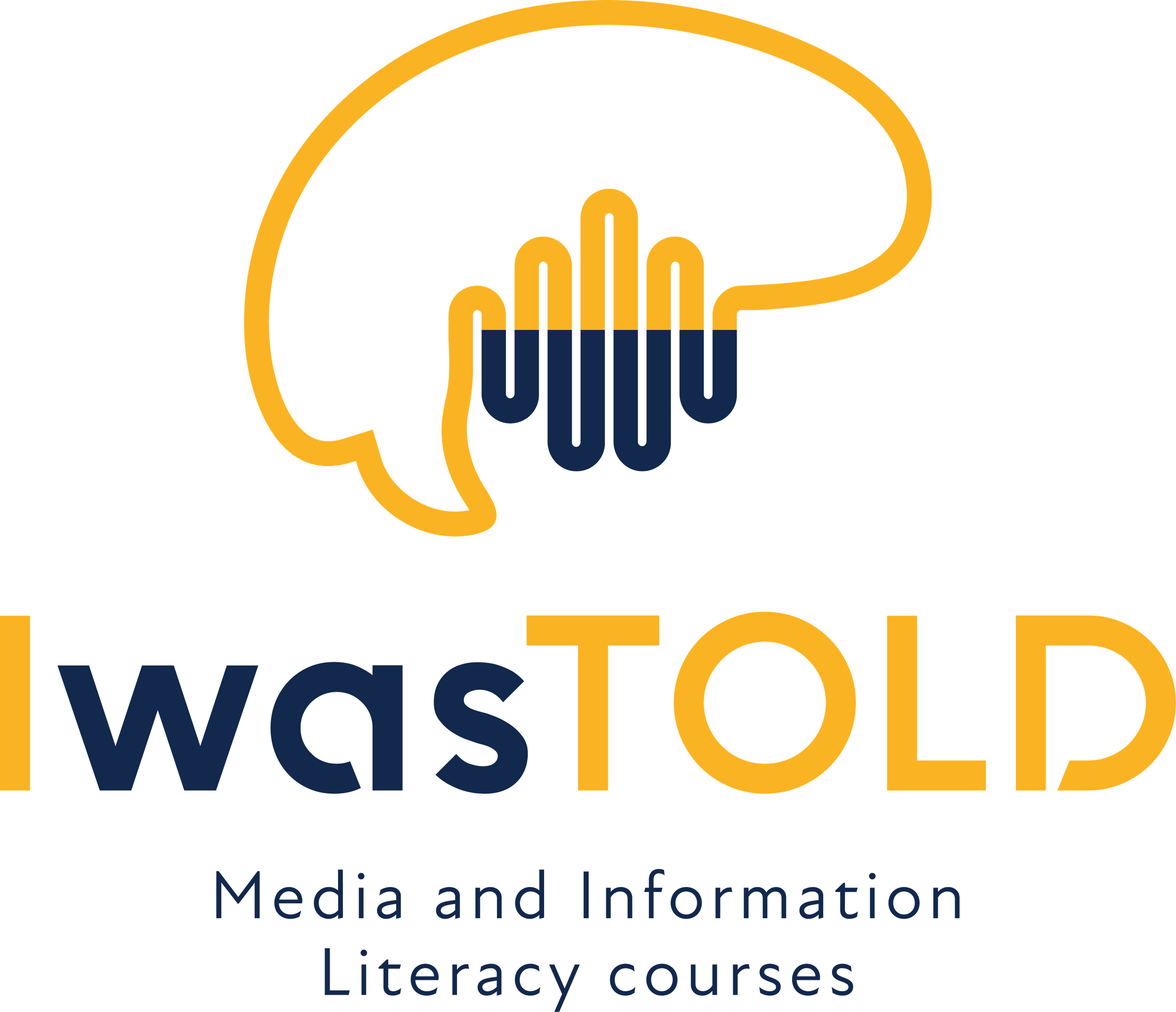6. DIGITAL CITIZENSHIP AND MEDIA
Participants2
Rights and limits of online participation (on social media)
Mil 9 September 2021
Freedom of speech is one of our fundamental rights and our ancestors have made considerable efforts to defend our views publicly and with impunity. However, human history is also linked to hatred and inappropriate behavior towards other people. Racism, xenophobia, homophobia, or misogyny are not new concepts; on the contrary, they are still present in our democratic societies. Therefore, the question is, “Should freedom of speech be limited?” “If so, to what extent?”
The digital age we are living in to some extent encourages hate speech even more than in the past, as it gives many people the feeling that they can express themselves anonymously with impunity. Decent discussion on social networks so often turns into hate speech, which is very dangerous and not only polarizes society in several ways but destroys the mental health of the victims. A healthy society therefore needs more empathetic members who can behave decently not only offline but also online, especially when online space has largely replaced personal and professional contacts, mainly during pandemics.
The digital environment can be a dangerous place and we can easily fall victim to bulliers, fraudsters or pedophiles. Thanks to the course, you will become acquainted with modern threats of the online environment, and you will be able to avoid unpleasant situations in the future.
Most people know the basic rules of good behavior, the so-called etiquette, but we often forget that similar rules are required to follow in online communication too. The last part of the course is therefore devoted to the important rules of netiquette, i.e. decent behavior in digital communication. This will help you avoid many misunderstandings and maintain healthy interpersonal relationships.
